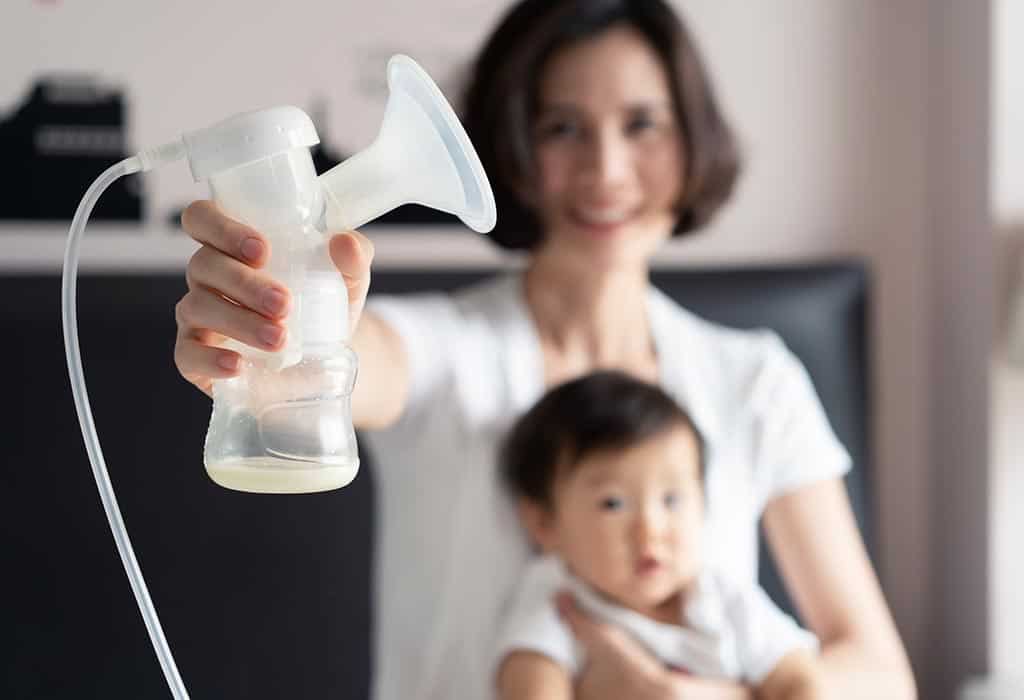
Table of Contents
Breast pumps can prove to be a lifesaver for mommies who decide to breastfeed their little ones. If you have decided to breastfeed your baby, getting yourself a breast pump may not be a bad idea. And if you can get free breast pumps through insurance, why not? Here’s everything you need to know about how to get a free breast pump through insurance!
Let’s face this: breast pumps, as simple an instrument as they may seem, can, in fact, be rather pricey and perhaps, not as affordable for all women. However, the price of a breast pump should not determine if a mother should have it because it is no less than a necessity for feeding moms.
In good news, breast pumps are covered under most health insurance policies for free as per the Affordable Care Act. For the bad news, not many moms know about this act and so, most fail to utilize the benefit owing to a lack of information and knowledge about the process.
But again, though the ACA legislation covers breast pumps under their act, ACA does not provide concrete recommendations and so, the coverage may depend or vary as per one’s individual health insurance plan. This means that while some plans may offer top-notch breast pumps, some may only allow renting of the pump while some others may not even offer a free breast pump at all.
You may also read: Best Hands Free Breast Pumps
So, how to get a free breast pumps through insurance?
Here are four easy steps to avail a free breast pump through insurance-
Step 1: Intimate your health insurance provider
As a basic, you will have to first call your insurance provider and let them know well in advance (that is, much before your due date) that you wish to get a personal-use breast pump.
Step 2: Ask questions
On your first call, do not forget to cover the following questions-
- Does the provider cover the cost of buying a new pump or renting a breast pump?
- Are the costs covered with no cost-sharing?
- Would you need a doctor’s prescription? If yes, where, when, and how to send it?
- What kind of pump will the coverage pay for? (It should be noted that you would ideally want a double-electric pump. Such a pump can be defined as an effective and rapid pumping pump that allows you to pump milk from both your breasts at once.)
FYI: While some insurance providers will let you buy any pump of your choice, some may only allow the purchase of specific pumps and perhaps, only when bought in a store and not online. If you’re on Medicaid and Medicaid refuses to provide a free pump, you could even get your pump through WIC (the Special Supplemental Nutrition Program for Women, Infants, and Children), which is a special program run by the Food and Nutrition Service of the U.S. Department of Agriculture.
Step 3: Ask your doctor to write a prescription
In most cases, the insurance providers ask for a doctor’s prescription, especially if you have a medical reason to claim a free pump. Be informed that the said prescription should say “EO603, standard electric breast pump,” (for a standard personal use pump) or “EO604, hospital-grade pump rental,” (if you need a hospital-grade pump).
Step 4: Follow up with your provider
All formalities may have been completed but do not forget to consistently follow up with your provider and to keep reminding them of your seriousness for the pump. Take into account some buffer time and start the process as early as possible. This is because if you have chosen to breastfeed, you will need the pump as soon as the baby arrives.
What if your health insurance doesn't cover a free breast pump?
The benefits of most insurance plans will likely cover breast pumps even of the best breast pump brands like Spectra, Medela, Freemie, Lansinoh, Ameda, Ardo, etc.
If unfortunately, for some reason, your insurer does not happen to pay for an electric breast pump, you will most likely have to buy a pump on your own as your plan will not allow you to choose a pump of your choice.
Having said that, it should also be noted that if your breastfeeding decision is for medical reasons that make it difficult to breastfeed without pumping, you have all the right to avail a free electric pump covered by your insurance even if the policy terms do not allow the purchase.
You will only need your doctor’s prescription stating that an electric pump is medically necessary.
Free breast pumps through insurance FAQs:
1) When should I order my breast pump?
2) How long does it take to get a free breast pump with insurance?
3) Can I get quality breast pumps via an insurance company?
Reviewed By-

Brandi Nicole, Lactation Consultant
Brandi Nicole is a pediatric nurse, a postpartum doula, and an international board-certified lactation consultant. She is a proud member of the International Lactation Consultant Association, the United States Lactation Consultant Association, and the Bay Area Lactation Associates.









